Should I Get an Early Pregnancy Scan?
- Baby
-
- UPDATED NOVEMBER 06, 2024
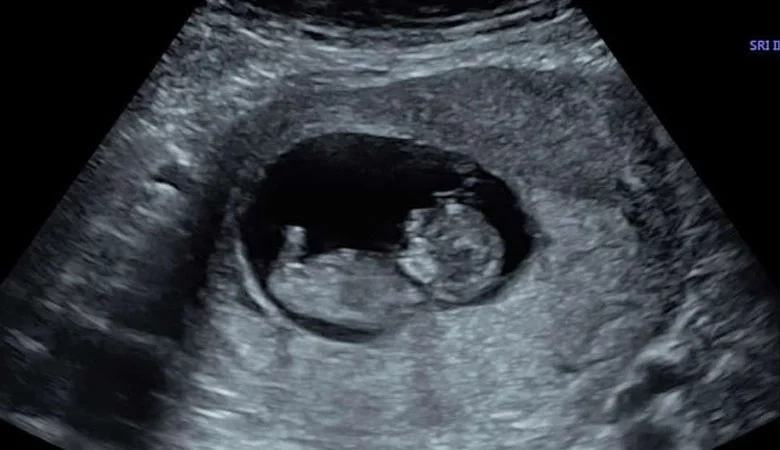
by Tasha Mayberry
410 shares
Pregnancy scans are one of the most exciting milestones of pregnancy. It’s one of those rare moments that you actually get a glimpse of the little miracle growing inside of you. In the UK, the NHS notes that there are generally two pregnancy scans offered throughout a woman’s pregnancy. Some parents, however, get scans earlier than these, also known as early pregnancy scans. What are early pregnancy scans? Do you need one? Should you have one? Keep reading to find out.
When Are Pregnancy Scans Usually Done?
In the British public health system, an expectant mum is eligible for two standard scans during their pregnancy, and these occur at set timeframes.
First Scan. The first one is done between 8 to 14 weeks and is known as the dating scan. During this scan, your sonographer measures the size of your baby, which will then give them an idea of your estimated delivery date. It is also during this time that they check if you are carrying one or more babies.
Second Scan. The second is between 18 to 21 weeks, and this is usually when your baby’s physical conditions are checked. This pregnancy scan can detect some physical conditions, check if your baby is growing normally, and check your baby’s position against your placenta. This information is important as a low placenta at the later stages of pregnancy may mean that you would have to deliver via a Caesarean section.
The second scan is also your chance to know the gender of your baby. However, not all parents want to know this, so you sonographers usually don’t let you know, unless you ask. Also, some UK hospitals have policies of not allowing the gender of babies to be revealed during an ultrasound, so this is something you have to check with the hospital doing your scan before attending.
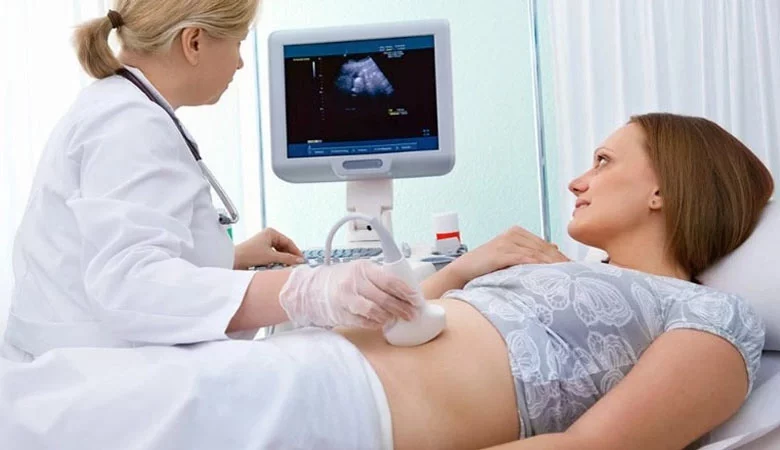
What are Early Pregnancy Scans?
Early pregnancy scans or early ultrasound scans are scans done before the sixth week of pregnancy. An abdominal ultrasound is what you usually get with the standard pregnancy scans. If you haven’t had an ultrasound scan before, the abdominal ultrasound involves an ultrasound transducer gently pressed against your tummy and moved back and forth to have different views of your womb – and the little one.
For early pregnancy scans, however, a transvaginal ultrasound is usually the method of choice. This is because the pregnancy is still in its early stages and the womb tends to be deep within your pelvis, so getting a view from your tummy may be hard, if not impossible.
A transvaginal ultrasound is an invasive form of ultrasound, as it involves a thin probe is inserted into your vagina to facilitate internal examination of your internal organs. It is usually a painless procedure lasts anywhere between 15 to 30 minutes and requires very little preparation. You are usually only asked to arrive with a full or empty bladder, depending on your healthcare provider’s request.
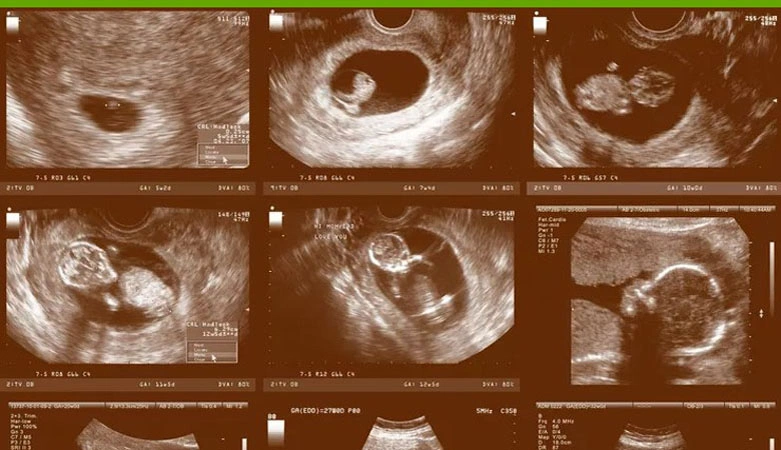
Why Do Some Expectant Mothers Get Early Pregnancy Scans?
When women experience severe pain on one side of their tummy during their pregnancy, their healthcare providers usually request for an early pregnancy scan to find out what is going on.
Other possible reasons for women required to undergo early pregnancy scans before the eight-week mark are when the expectant mother has had fertility treatments, is experiencing bleeding or has a history of ectopic pregnancies or miscarriages. Keep in mind, however, that having a history of miscarriage does not guarantee that you get an early pregnancy scan. Rather, this remains under the discretion of your healthcare provider.
According to an expert midwife sonographer, the only reason an expectant mum would have an early pregnancy scan before the six-week mark is to rule out any concerns or suspicions of an ectopic pregnancy.
An ectopic pregnancy, as defined by the NHS, occurs when the fertilised egg gets implanted outside of the womb, most commonly in one of the tubes that connect the ovaries to the womb, also known as the fallopian tubes. When this happens, the egg will not develop into a baby, and your health may also be significantly at risk if the pregnancy is left in that state.
Other than ruling this condition out, there is nothing much to see in the early stages of pregnancy, which is why pregnancy scans are usually done after the eighth-week mark, ideally on or after the tenth week of pregnancy.
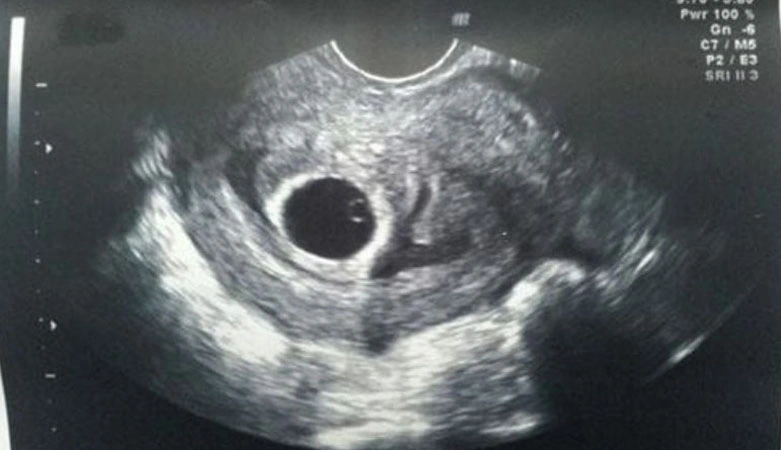
I Want To Ensure That My Baby is Healthy. Should I Get an Early Pregnancy Scan?
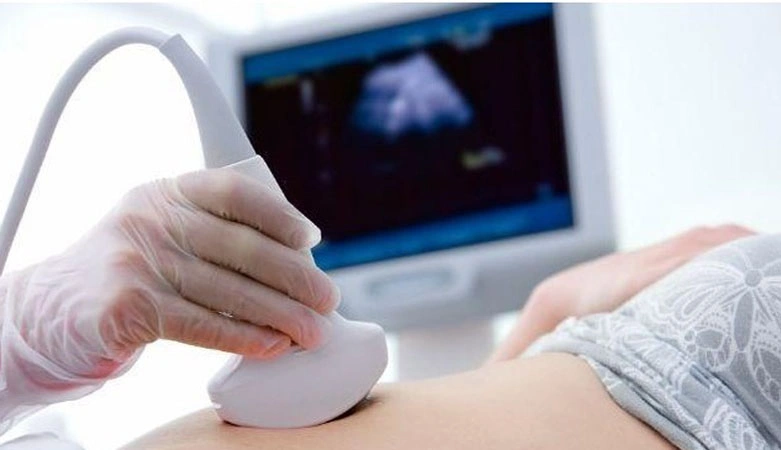
You can ask your healthcare provider to request an ultrasound scan at any point during your pregnancy. However, in the absence of any clinical indication, these scans will have to be performed by private providers as the public system only caters to the standard two scans as discussed above.
But if you do not have any of the symptoms and history as listed above, there is probably no need for an early scan. There is very limited information seen on ultrasound sonography before the eighth week of pregnancy, so asking for an early pregnancy test to check for your baby’s overall health would probably not give you any useful information. For this reason, you should probably wait a bit longer to obtain an ultrasound to determine the fetus’ overall health.
Also, there have been reports of ultrasounds having small and unconfirmed risks to the fetus, which is probably why multiple pregnancy scans are avoided if there is no medical reason to do so.
In saying that, it is your body, your pregnancy, and your baby. If it gives you peace of mind to have one, the best thing to do is discuss this further with your GP or healthcare provider, as they may be able to request this for you.
References: